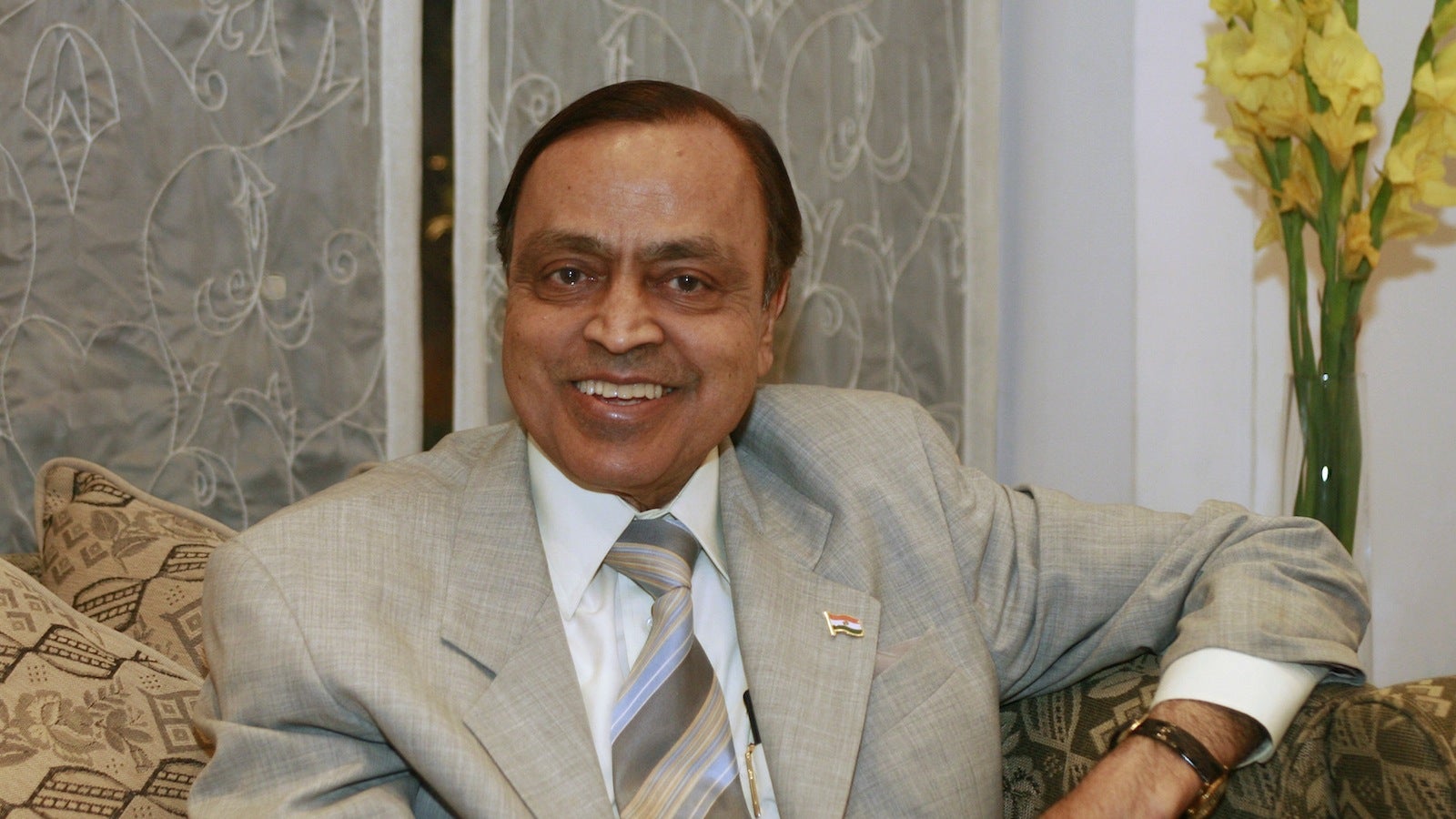Murli Deora was a bridge between the Congress and Mumbai’s corporate world
Murli Deora, who died on Monday after a prolonged illness, was the perfect antithesis of the typical Congressman. Where they were almost always clad in white khadi, in keeping with the party’s ethos, he was invariably clad in sharp suits. Where they worked at the grassroots level, mingling with party workers and the masses, he mingled with the corporate elite. They wanted tickets to fight elections, he was happy to stay away from the heat and dust of electoral politics.


Murli Deora, who died on Monday after a prolonged illness, was the perfect antithesis of the typical Congressman. Where they were almost always clad in white khadi, in keeping with the party’s ethos, he was invariably clad in sharp suits. Where they worked at the grassroots level, mingling with party workers and the masses, he mingled with the corporate elite. They wanted tickets to fight elections, he was happy to stay away from the heat and dust of electoral politics.
Deora was the quintessential backroom man, a businessman-turned-politician who was more adept at cutting deals and strategising rather than standing for elections. It is not as if he had not been elected – he was a city corporator and became the mayor at a time when the post still had a lot of prestige and clout. As the mayor, he reflected the city’s cosmopolitanism and cut a dashing figure in the Bombay Municipal Corporation, managing the unruly house with great aplomb. He had friends across the political spectrum and he also had a lot of time for reporters covering the corporation, inviting them to his chambers for a chat and a snack. He was, to reporters, not his Honour, or sir, just Murli.
Flow of funds
In the late 1970s, the Congress had been voted out in the Centre and soon lost the government in Maharashtra when Sharad Pawar split to form the Progressive Democratic Front with the opposition Janata Party. Deora in any case had no desire to be a minister, but he was made the president of the Bombay Pradesh Congress Committee (a post he held for over 20 years) – a far more powerful post since it gave him control over the party’s affairs not just in the city but also, de facto, in the state. The party office at Azad Maidan in south Bombay was always packed with hopeful workers and aspirants for party nominations.
But his main task was to be a bridge between the Congress party and the city’s corporate elite, such as the Birlas and a rising industrialist, Dhirubhai Ambani. Then, as now, a lot of the money for the party was collected from Bombay and it was Deora’s brief to ensure that the funds flowed smoothly. This is where his contacts came in handy.
His proximity and unstinting loyalty to the party’s first family, from Indira Gandhi onwards, gave him enormous clout, but to his credit he never flaunted it. After stepping down from the Bombay Pradesh Congress Committee, he operated out of his office at Churchgate, where journalists – and favour seekers – could drop in, often unannounced and be treated to piping hot tea and a sympathetic ear. If you were particularly close to him, some gossip would come your way – informative but rarely malicious.
Ups and downs
The early 1990s were not kind to him. Sonia Gandhi had retreated into the shadows after Rajiv’s assassination and the new Congress leadership had no time for a family loyalist. He remained affable, but it was clear that he was feeling hurt and rejected. This writer used to meet him off and on, and once in Delhi, ran into him outside the Congress headquarters, looking quite disinterested in what was going on inside.
Whenever Sonia Gandhi came to Bombay, Deora used to arrange for a lunch at the Cricket Club of India and invite journalists and a few prominent people – invariably these gatherings were packed. The Gandhi family glamour was still strong and Deora ensured that the right people knew that. For the family, this was another example of his loyalty. By then he had contested the South Bombay seat and become an MP, showing that he was as good on the ground as in the backrooms. He went on to win four times.
In 2006, shortly before he turned 70, he finally joined the cabinet, replacing Mani Shankar Aiyar as the Minister for Petroleum and Natural Gas. Critics alleged that this was a conflict of interest given his proximity to the Ambanis but Manmohan Singh kept him on after the UPA returned in 2009. In 2011, he was Minister for Corporate Affairs. By then, Deora had begun to keep a low profile and the South Bombay seat had passed on to his son Milind.
Deora was an avid bridge player, as is his wife Hema and they had a regular Sunday game for years – some of the biggest names of corporate India were his partners. With his death, an era, of the old guard Congressman who has seen and worked with three generations of the Gandhis for over four decades, has passed.